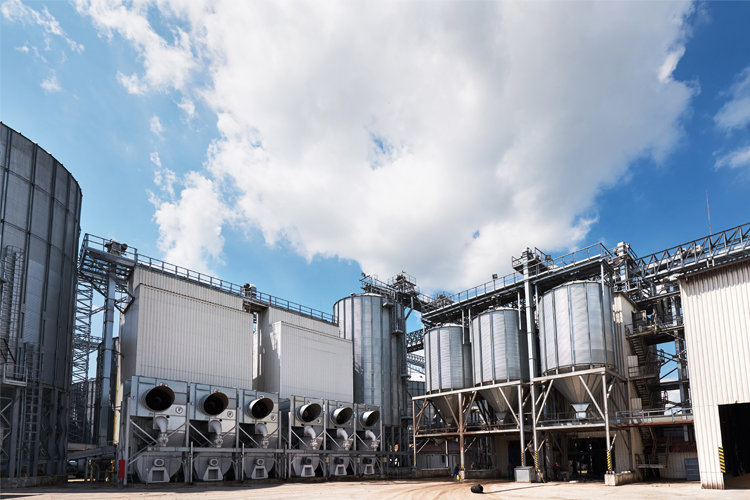

The 1st Panel of the Superior Court of Justice (STJ) has determined, in the judgment of EAREsp 1,775,781, that the taxpayer has the right to obtain ICMS (State Value Added Tax on Goods and Services) credits on intermediate inputs that, although essential to production, do not form part of the final product.
This ruling resolved an internal divergence within the STJ. The panels responsible for tax matters had different interpretations of the issue.
The lawsuit was filed by a company from São Paulo, specializing in the production of ethanol, sugar, and electrical energy from sugarcane. The company’s claim aimed to use ICMS credits associated with various items such as valve engines, pumps, and conveyor chains, with the intention of settling tax debts. In its defense, the company argued that these items are crucial in the production of ethanol and sugar, even though they experience progressive wear and tear during the production process.
However, the São Paulo Court of Justice stated that these items are not consumed in the industrial process but only undergo wear and tear. Therefore, there is no exit of these goods as components of the product, making the accumulation of tax credits unfeasible.
Nevertheless, Minister Regina Helena Costa, the rapporteur of the case at the STJ, accepted the plant’s argument and instructed the São Paulo Court of Justice to conduct a technical inspection of the items. The minister emphasized the right to obtain ICMS credits related to materials considered intermediate products within the production process.
By recognizing the right to ICMS credits on these inputs, even if they are not consumed or integrated into the final product, the STJ expands the understanding of how essential components of the production process should be treated from a tax perspective. This decision represents a significant milestone in the interpretation and application of tax regulations related to ICMS, establishing a relevant precedent for other companies operating under similar circumstances.